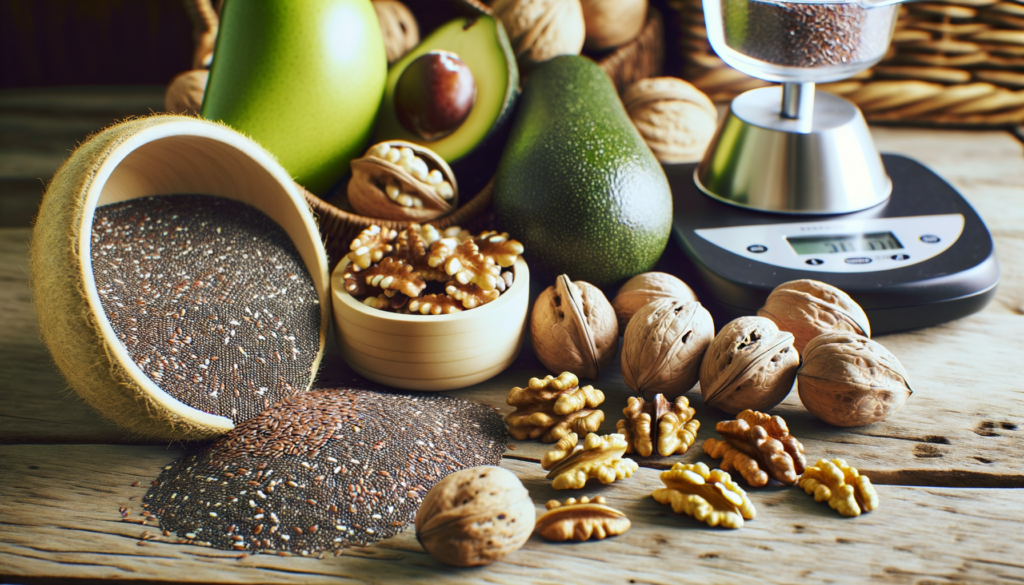Understanding the Interplay Between Calories and Thyroid Health
When it comes to managing thyroid disorders, diet and calorie intake play a crucial role. Thyroid health is intricately linked with metabolic processes, and understanding how calories affect these processes can be pivotal in managing both hypothyroidism and hyperthyroidism.
### The Role of Thyroid Hormones in Metabolism
Thyroid hormones, primarily triiodothyronine (T3) and thyroxine (T4), are essential for regulating the body’s metabolic rate. The Basal Metabolic Rate (BMR) is significantly influenced by the levels of these hormones. When BMR is high, as in the case of hyperthyroidism, more calories are burned, which can lead to weight loss. Conversely, a low BMR, characteristic of hypothyroidism, results in fewer calories being burned, often leading to weight gain.
### Caloric Restriction and Thyroid Function
Caloric restriction (CR) has been shown to impact thyroid hormone levels. Studies indicate that CR decreases circulating T3 concentrations, even when body fat mass reductions are similar to those achieved through exercise. This suggests that the reduction in T3 is more closely related to the caloric restriction itself rather than the loss of body fat.
For individuals with hypothyroidism, this means that while caloric restriction might be necessary for weight management, it should be approached cautiously to avoid further reducing T3 levels. A balanced diet that ensures adequate nutrient intake, including carbohydrates, proteins, and healthy fats, is crucial. Using tools like the Calorie Calculator Cloud can help in planning a diet that meets specific caloric needs without compromising on essential nutrients.
### Dietary Patterns and Thyroid Health
Dietary patterns can significantly influence thyroid health. For instance, plant-based diets have been associated with improvements in thyroid function. A study found that lacto-ovo-vegetarians had a slightly higher prevalence of hypothyroidism compared to omnivores, while vegans had a lower prevalence, although the latter finding was not statistically significant.
### Specific Foods and Thyroid Function
Certain foods can either support or hinder thyroid function. Here are some key considerations:
#### Soy and Cruciferous Vegetables
Soy and cruciferous vegetables like broccoli, cauliflower, and kale can affect thyroid hormone absorption and production. While these foods are not entirely off-limits, their consumption should be managed carefully. For example, soy should be avoided for a few hours before and after taking thyroid hormone medication to prevent interference with its absorption.
#### Root Vegetables
Most root vegetables are safe and nutritious, but cassava, which contains toxins that can slow down an already underactive thyroid, should be avoided or cooked properly to minimize risks.
#### Iodine-Rich Foods
Iodine is crucial for thyroid hormone production. However, excessive intake, especially through supplements like kelp, can be harmful. For individuals with hypothyroidism, taking thyroid hormone medication is essential, and adding high amounts of iodine through supplements can lead to unhealthy levels of thyroid hormones.
### Glycemic Load and Thyroid Function
Diets with a low glycemic load (LGL) can lead to subtle changes in thyroid function tests. These diets, which focus on foods that do not cause a rapid spike in blood sugar levels, can be beneficial for weight reduction and may have a positive impact on thyroid function in euthyroid subjects.
### The Impact of Obesity and Weight Changes
Obesity is associated with an increased risk of hypothyroidism. Excess body weight can lead to metabolic disorders that affect thyroid function. Conversely, weight loss, particularly through caloric restriction, can decrease T3 levels, highlighting the need for a balanced approach to weight management.
### Gut Microbiome and Thyroid Health
The gut microbiome plays a significant role in thyroid health. Studies have shown that individuals with Hashimoto’s thyroiditis have a lower abundance of anti-inflammatory species like Prevotella in their gut microbiome. Maintaining a healthy gut microbiome through a balanced diet rich in anti-inflammatory plant foods such as vegetables, dried fruits, nuts, and muesli can support thyroid health.
### Case Studies and Real-World Examples
In real-world scenarios, individuals with thyroid disorders often see significant improvements through dietary changes. For instance, adopting a low-fat plant-based diet has been reported to improve TSH values in some cases, although more randomized trials are needed to confirm these findings.
### Summary and Practical Advice
Managing thyroid health through diet and calorie intake is complex but crucial. Here are some key takeaways:
– **Monitor Caloric Intake:** Use tools like the Calorie Calculator Cloud to ensure you are meeting your caloric needs without compromising on essential nutrients.
– **Choose Balanced Diets:** Opt for diets that are rich in anti-inflammatory plant foods and avoid excessive intake of soy, cruciferous vegetables, and iodine-rich supplements.
– **Manage Weight:** Aim for a healthy weight through a combination of balanced diet and exercise, avoiding extreme caloric restriction.
– **Consider Glycemic Load:** Incorporate low glycemic load diets to support weight reduction and thyroid function.
– **Maintain a Healthy Gut Microbiome:** Focus on foods that support a balanced gut microbiome.
By understanding and implementing these dietary strategies, individuals with thyroid disorders can better manage their condition and improve their overall health.
For more detailed planning and to explore different diet plans, you can check out the Calorie Calculator Plans which offer personalized nutrition advice tailored to your specific needs.








